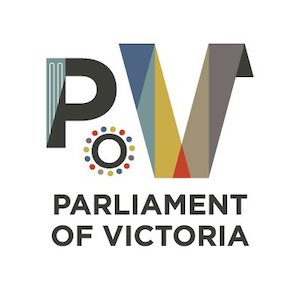We thank the Senate’s Standing Committees on Finance and Public Administration for this opportunity to contribute to the inquiry into the current capability of the Australian Public Service (APS).
We recommend that the APS improve its public engagement capacity by (a) adopting and (b) measuring adherence to OECD-standard deliberative engagement practice. These deliberative processes build public trust in decision-making by more substantively involving everyday people in engagement that tackles difficult trade-offs in a way that addresses polarisation and misinformation.
Across the globe, public authorities are increasingly using representative deliberative processes to involve citizens more directly in solving some of the most pressing policy challenges. These processes give ideal amounts of time and information to a group of randomly selected everyday people and facilitate their deliberation on an issue that leads to finding common ground on a set of recommendations.
Australia has been a pioneering, global leader in the development of this practice. OECD research documents more than 48 examples of deliberative engagement practice here in Australia matched only by Germany. This suggests a national capacity to learn from experience and institutionalise these processes. The Victorian Government recently included mandatory deliberative engagement practice for local councils in its Local Government Act 2020 (s55, g). The Western Australian Government’s Local Government Act Review Panel also recommended in its final report the “mandate [of] deliberative community engagement in the preparation of both Community Strategies and Council Plans.” (s37, d, iv).
This growing trend of institutionalisation at the State level should be matched at the Federal level with the incorporation of deliberative engagement practice in standard APS public engagement.
We hope you’ll take the time to read and share our response to their questions.
We’ll keep this page updated as the Inquiry unfolds.


